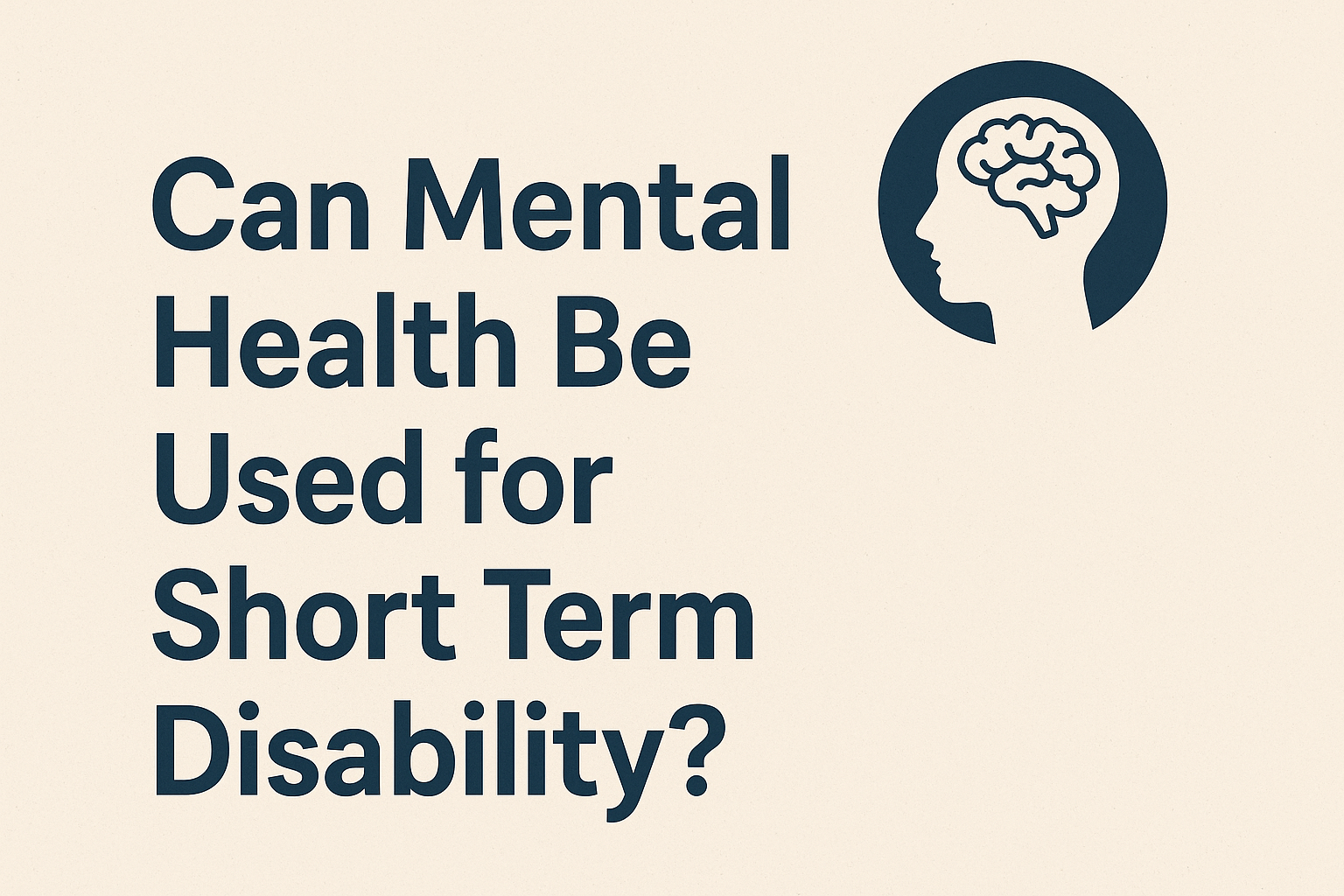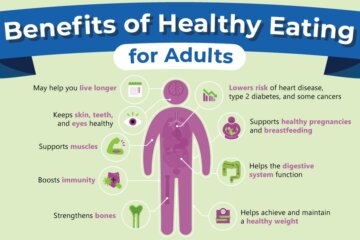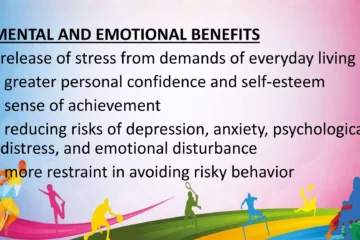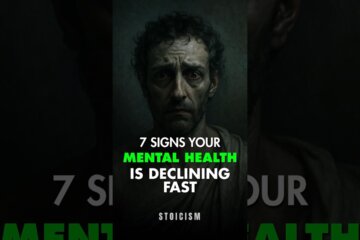Are you struggling with your mental health and wondering if you can take short term disability leave? You’re not alone.
Many people face this question but don’t know where to start or what their options are. Understanding how mental health fits into short term disability can be life-changing for you. It could provide the time and support you need to recover without the added stress of work.
Keep reading to discover what qualifies, how to apply, and what to expect. This information could make all the difference in protecting your well-being and your job.

Credit: stratus.hr
Mental Health And Disability Benefits
Mental health issues can affect daily life and work ability. Many people wonder if mental health conditions qualify for short-term disability benefits. Understanding how disability benefits work helps clarify this question. Disability benefits provide financial support during times of illness or injury. These benefits can cover physical and mental health problems.
Knowing the types of disability coverage and how mental health fits in is important. This knowledge helps people access the support they need. Employers and insurance companies may have different rules. It is key to know what each plan covers and the qualifying conditions.
Types Of Disability Coverage
Disability coverage generally falls into two categories: short-term and long-term. Short-term disability covers a few weeks to several months. It helps people recover from temporary illnesses or injuries. Long-term disability covers longer periods, often years. Both types may cover mental health conditions.
Employer-provided plans and private insurance offer these coverages. Some plans focus only on physical disabilities. Others include mental health issues like depression or anxiety. Checking the specific policy details is essential.
Mental Health As A Qualifying Condition
Mental health conditions can qualify for short-term disability benefits. Common qualifying conditions include severe depression, anxiety disorders, and PTSD. The condition must impact the ability to work. Documentation from a doctor or mental health professional is usually required.
Insurance companies review medical records carefully. The condition must prevent work duties for a time. Not all mental health issues qualify. Mild or managed conditions may not meet the criteria. Clear evidence of impairment is necessary for approval.
Short Term Disability Basics
Short term disability (STD) helps people who cannot work for a short time due to illness or injury. It offers income support while recovering. Mental health conditions may qualify for STD benefits, but understanding the basics is key.
Knowing how STD works helps you plan better. It also helps you understand if mental health issues are covered under your plan.
Eligibility Criteria
Eligibility depends on your employer’s policy and the insurance provider. Usually, you must have worked a set time before applying. Proof of your condition from a doctor is often required. Mental health claims need detailed medical records. Some plans exclude certain mental health issues. Check your policy to know what qualifies.
Typical Coverage Periods
Coverage usually lasts from a few weeks up to six months. The exact time varies by plan. Some policies pay benefits after a waiting period. This waiting time can range from one to two weeks. Benefits may stop when you return to work or reach the coverage limit. Mental health recovery times differ, so plan accordingly.
Qualifying Mental Health Conditions
Mental health issues can qualify for short-term disability benefits. Not all conditions meet the criteria. Insurers require clear proof of illness and its impact on daily work. Understanding which conditions qualify helps in preparing claims effectively.
Common Diagnoses Covered
Short-term disability often covers several mental health diagnoses. These include major depression, anxiety disorders, and post-traumatic stress disorder. Bipolar disorder and schizophrenia may also qualify. Each diagnosis must be recognized by medical professionals. The illness should significantly limit your ability to work.
Severity And Documentation Requirements
The severity of the condition plays a crucial role. Mild symptoms usually do not qualify. The condition must cause considerable work impairment. Proper documentation from a healthcare provider is essential. This includes diagnosis, treatment plans, and progress notes. Medical records help prove the condition’s impact on work. Regular updates may be necessary to continue benefits.

Credit: www.onemedical.com
Claim Process For Mental Health
The claim process for mental health short term disability can feel complex. Understanding the steps helps you prepare and avoid delays. Each insurer may have different rules. Knowing what to expect makes the process easier. Clear documentation and timely actions improve your chances of approval.
Filing A Claim
Start by notifying your employer or insurance provider. Complete the claim forms carefully. Include all information about your mental health condition. Submit your claim as soon as possible. Keep copies of all documents for your records. Follow up with the insurer if you do not hear back soon.
Required Medical Evidence
Provide medical records from your doctor or therapist. These should explain your diagnosis and treatment plan. Include notes on how your condition limits your work ability. Regular updates may be needed during your claim. The insurer needs proof to verify your disability. Accurate and clear medical evidence supports your case.
Common Challenges
Claims for mental health disability often face extra scrutiny. Some insurers doubt the severity of mental illness. Paperwork errors or missing information cause delays. Insurance companies may request additional exams. Appeals might be necessary if your claim is denied. Staying organized and persistent helps overcome challenges.
Employer Policies And Mental Health
Mental health has become an important topic in many workplaces. Employers now consider mental health when creating short term disability policies. These policies help workers who cannot work due to mental health problems. Understanding how employer policies handle mental health is key for employees seeking support. Each company has its own rules and practices about mental health and disability benefits.
Variations In Company Plans
Not all employer plans treat mental health the same way. Some companies clearly include mental health conditions in their short term disability coverage. Others may have limits or require extra proof of illness. The length of benefits and how much pay is given can change from one plan to another. Workers should read their company’s plan carefully to understand what is covered. Knowing these differences helps employees prepare and ask the right questions.
Supportive Workplace Practices
Many employers promote mental health through supportive workplace practices. These include flexible work hours, mental health days, and employee assistance programs. Such practices create a safer space for workers to discuss mental health issues. Supportive workplaces often reduce stigma and encourage early help. This can prevent mental health problems from becoming long-term disabilities. Employers who care about mental health create better work environments and happier employees.
Legal Protections And Rights
Mental health conditions qualify for short term disability under certain laws. Legal protections help employees maintain their rights during illness. Understanding these laws is important for anyone facing mental health challenges.
Disability Laws Impacting Mental Health
The Americans with Disabilities Act (ADA) protects workers with mental health issues. It requires employers to provide reasonable accommodations. These can include flexible schedules or time off for treatment.
The Family and Medical Leave Act (FMLA) also offers job protection. It allows up to 12 weeks of unpaid leave for serious health conditions. Mental health disorders often qualify for this leave.
Short term disability insurance plans vary. Some policies explicitly cover mental health, while others exclude it. Knowing your policy terms prevents surprises during claim filing.
Appealing Denied Claims
Insurance companies often deny short term disability claims for mental health. They may request more medical evidence or question diagnosis severity.
Filing an appeal is your right. Submit additional doctor notes and treatment records. A clear explanation of how mental illness affects work is vital.
Legal advice can improve appeal success. An attorney or advocate understands claim procedures and deadlines. Acting quickly increases chances of approval.
Tips For Managing Short Term Disability
Managing short term disability due to mental health needs careful planning. It helps to stay organized and keep communication open. This makes the leave period smoother for both you and your employer. Follow these tips to manage your short term disability effectively.
Communicating With Employers
Start by informing your employer about your situation clearly. Use simple language to explain your needs. Set up regular check-ins if possible. This keeps your employer updated and builds trust. Respect privacy by sharing only what is necessary. Keep all communication professional and polite. Ask about any paperwork or forms you must complete. Early communication helps avoid misunderstandings later.
Maintaining Treatment During Leave
Stick to your treatment plan during your leave. Attend all therapy sessions and take medication as prescribed. This supports your recovery and reduces relapse risk. Inform your healthcare provider about your leave status. Ask for advice on managing symptoms while away from work. Use relaxation techniques and self-care daily. Staying consistent with treatment helps you return to work stronger.
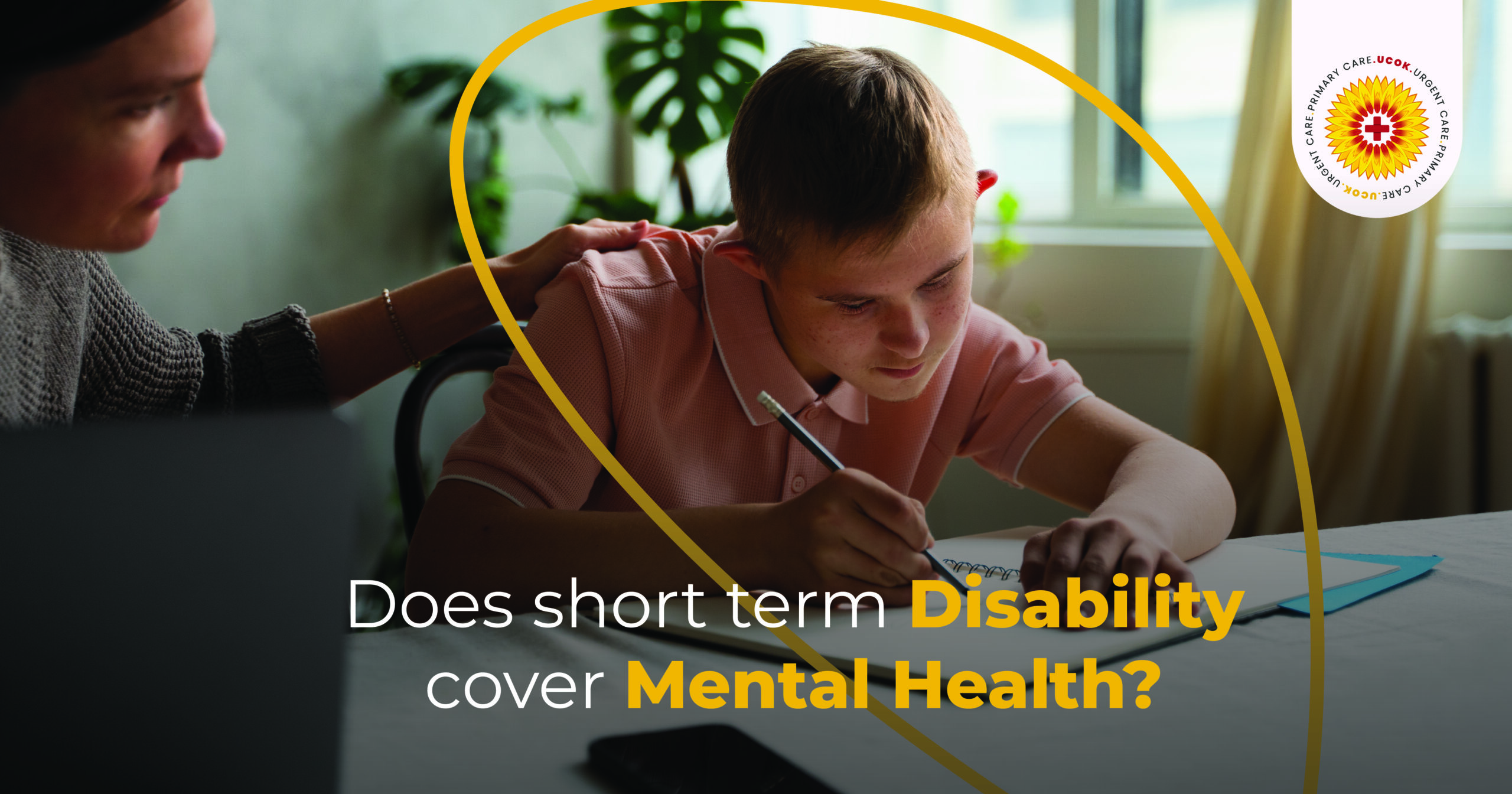
Credit: urgentcareofkansas.com
Frequently Asked Questions
Can Mental Health Qualify For Short Term Disability?
Yes, mental health conditions like depression and anxiety often qualify for short term disability benefits. Proper medical documentation is essential to prove the condition’s impact on daily functioning and work ability.
How Long Can Mental Health Short Term Disability Last?
Typically, mental health short term disability lasts from a few weeks up to six months. The exact duration depends on the severity of the condition and individual policy terms.
What Proof Is Needed For Mental Health Disability Claims?
Medical records, psychiatrist evaluations, and treatment plans are necessary to support mental health disability claims. Clear documentation shows how the condition affects your work and daily life.
Are All Mental Health Conditions Covered Under Short Term Disability?
Not all mental health conditions are covered. Coverage depends on the insurance policy and the condition’s impact on work functionality. Always check your specific policy details.
Conclusion
Mental health issues can qualify for short term disability benefits. Each case depends on the severity and proof from doctors. Employers and insurers often require clear medical documentation. Taking care of mental health is just as important as physical health.
Don’t hesitate to ask for help when needed. Understanding your rights helps protect your well-being. Remember, support is available for those facing mental health challenges. Stay informed and take steps to secure your benefits. Your health matters, always.

“As the voice behind Radiant Glow Health, we are dedicated to being your ultimate wellness and vitality companion. Our mission is to inspire and guide you on your journey to a healthier and more vibrant life. Join us as we explore holistic health practices and empower you to radiate wellness from within.”
